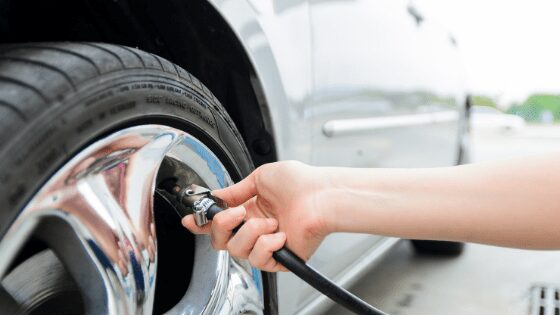If you live in an area that’s prone to extreme snowfall, then you’ve practiced the process of winterization. Winterization is when you prepare something for the winter; it can be anything. Plants, garages, your home’s pipes, and anything else that can be secured for the winter. Cars are no exception, and you’ll need to winterize your car if you expect it to make it through the winter.
A few decades ago, winterizing your car was an elaborate ritual that you had to start doing months before winter. Thanks to modern technology, today’s cars don’t have to go through the process of extensive winterization routines. Cars can start in the coldest of weather without their owners having to spend several minutes or even hours doing anything special. That being said, there are a few steps that you should take to ensure that your car can be driven safely in the cold. You don’t want to be snowed in at home because you weren’t prepared for the weather—especially when it could easily be avoided.
Invest in Snow Tires
If you live in an area where it only mildly snows, then you don’t have to trade in your regular tires for snow tires. However, everyone else needs tires that are resistant to heavy snowfall. Snow tires are made of a rubber material that’s even softer than that of regular tires. This rubber allows snow tires to retain their flexibility in the unforgiving cold. Moreover, snow tires are designed with tread patterns that are meant to grip snow and ice. However, you shouldn’t get the wrong impression about snow tires.
While snow tires are superior in the winter compared to year-round tires, they won’t magically prevent your car from slipping and sliding on black ice. At the same time, they will keep you significantly safer than regular tires if you drive slowly and safely.
Replace Your Wiper Blades
How will you be able to see the road if there’s a build-up of winter precipitation and salt on your windshield? Here’s the answer: you won’t be able to see it. Functioning windshield wipers and an endless supply of wiper fluid is your saving grace. Wiper blades only work well for one year, so you’ll need to replace yours if they’re frayed. There are even winter wiper blades designed for intense winters that you can invest in.
Check Your Tire Pressure
If you don’t change your tires out for snow tires in the winter, the least you can do is frequently check your tire pressure. This means you’ll have to increase the number of times you check your tire pressure every month. Cold weather will cause your tire pressure to plummet, so you’ll need to ensure they are properly inflated for the winter. Adequately inflated tires guarantee that your tires will keep contact with the road, which is necessary for safe traction.
Winterizing your car to the best of your ability should keep you safe in adverse conditions, but if you’re involved in a collision, you’ll need the help of an injury lawyer. Contact Flickinger • Boulton • Robson • Weeks today if you need a personal injury lawyer.
